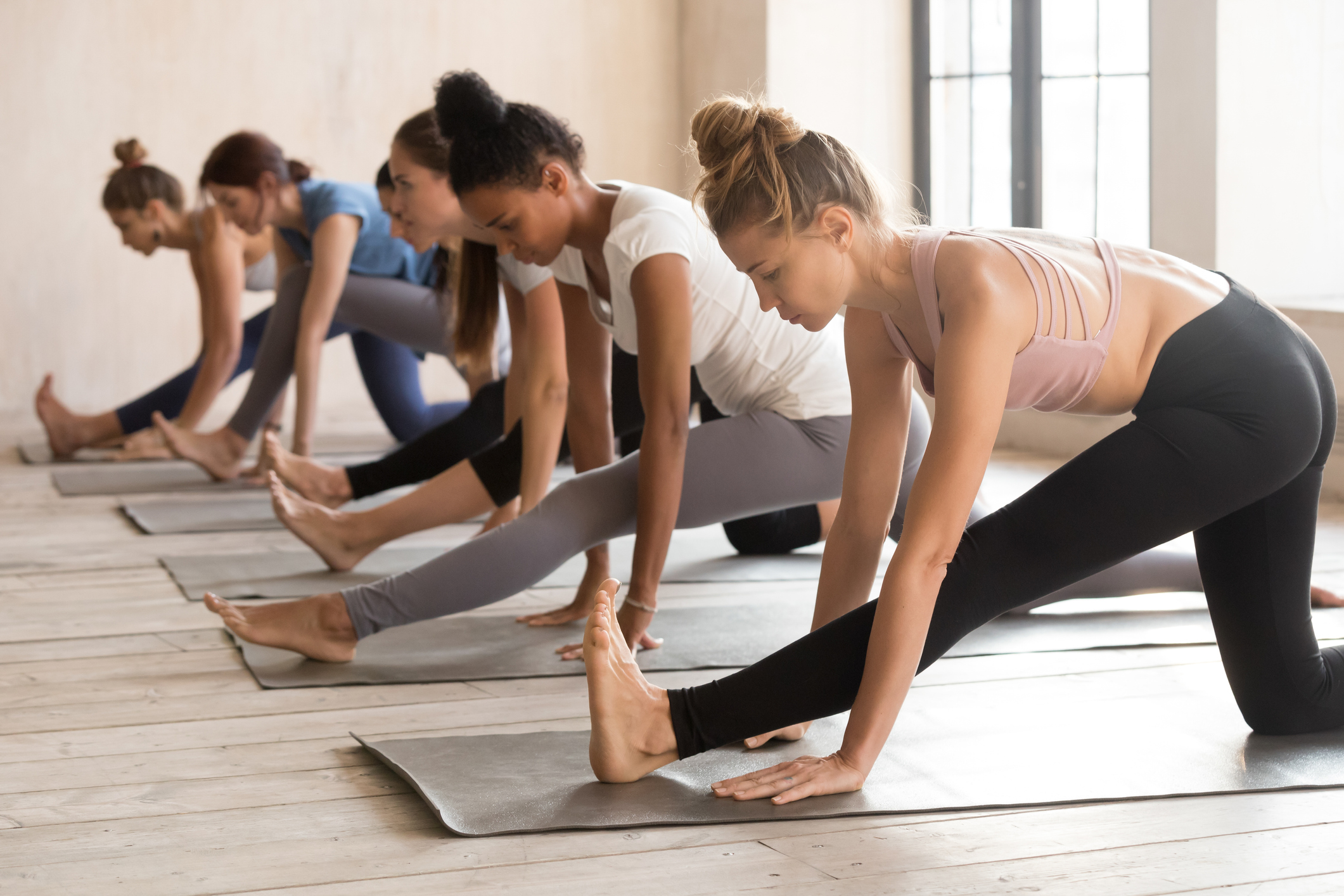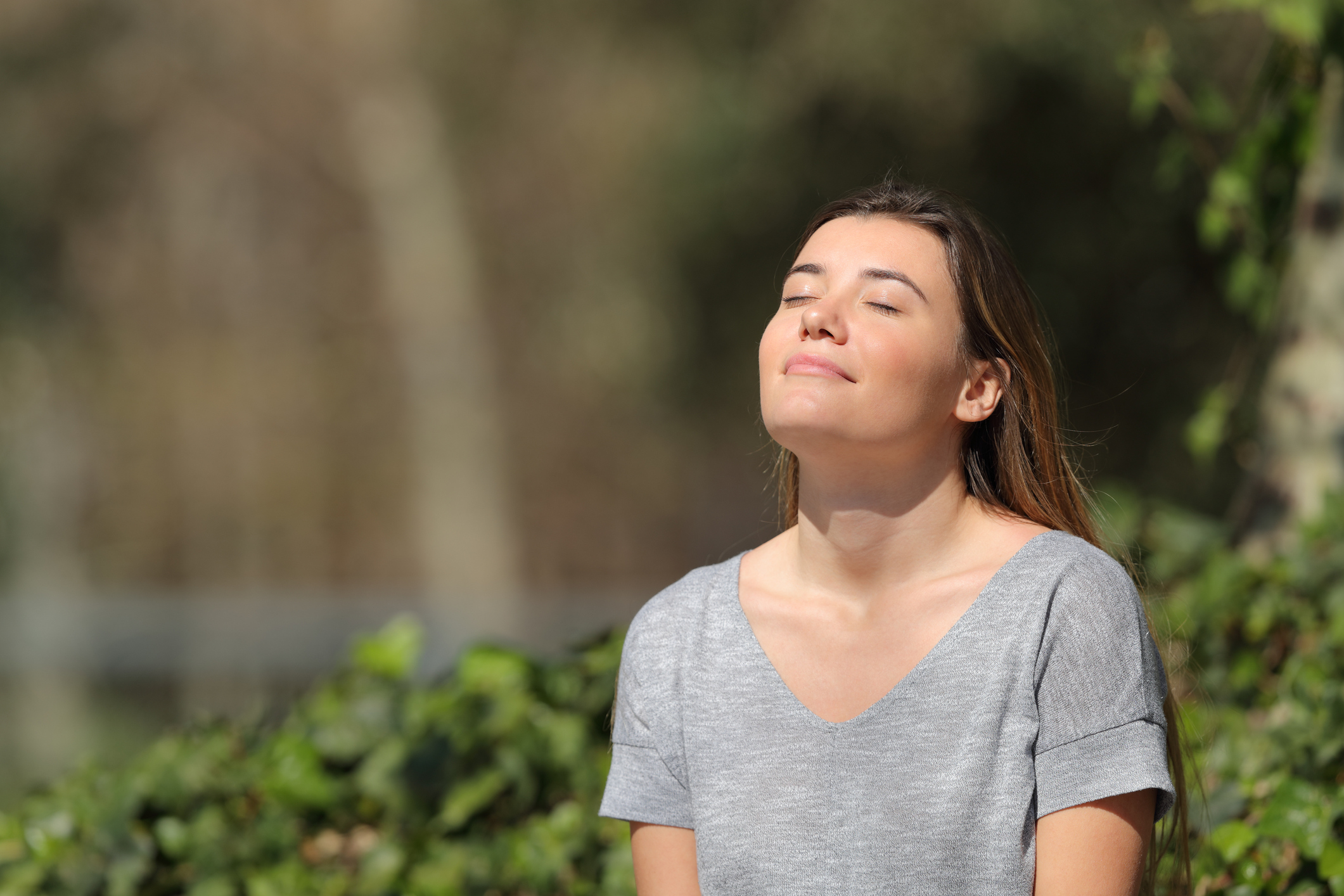This post originally appeared on ChrisKresser.com, and is a follow up to the original post on treating anxiety naturally.
“And which of you by being anxious can add a single hour to your life?” Christian Verse (Luke 12:25)
Last week, I wrote about my top three ways to manage anxiety without drugs. I really enjoyed reading the comments, especially from those of you who have had success making specific changes in your diet or lifestyle that have made a big difference in your day to day anxiety. Thanks for sharing your recommendations!
Since it’s clear that there are many different ways to manage anxiety that can be helpful, I thought this week I’d point out a few more adjustments you can do in your routine to make your anxiety a thing of the past. This is by no means a comprehensive list, but the following strategies are easy to incorporate into your daily life and can make a big difference in your mood and general outlook.
1. Move It
Exercise is well known as a stress-relieving activity. (1) Most forms of exercise will provide a benefit, and team sports and activities practiced in the outdoors seem to be particularly beneficial for stress reduction. (1a, 1b) As long as you’re not overtraining, you’ll get a boost in mood from physical activity.
I personally recommend a regular yoga practice to all my clients dealing with anxiety. While any type of exercise will have benefits compared to no exercise at all, I believe yoga is one of the best options because of the research backing its efficacy in reducing stress and anxiety, and because it combines physical movement with attention to the mind-body connection.
Yoga has the potential to reduce both state (i.e. immediate) and long-term anxiety in a wide range of people. (2, 3, 4, 4b) It is thought that yoga alleviates the “hyperarousal” of the sympathetic nervous system (SNS) and the hypothalamic-pituitary-adrenal (HPA) axis that occurs in anxiety, specifically by activating the parasympathetic nervous system (PNS). (5) You may have heard of the SNS referred to as the “fight or flight” system, whereas the PNS is the “rest and digest” system.
By activating the PNS, yoga is able to help soothe the edginess and overly-aroused feelings that come from anxiety. I recommend doing an hour or more of yoga at least once a week, if not more, for the most consistent benefits. (If you don’t have a yoga studio nearby, check out YogaGlo, which offers online classes for a small monthly fee.)
If you hate yoga, though, don’t force yourself. Any activity that addresses the mind-body connection can be helpful in reducing anxiety. This includes targeted treatment methods such as mindfulness based stress reduction, as well as other movement-centered activities such as tai chi. (6, 7)
Find an activity that you enjoy that isn’t adding additional stress to your body and you’ll experience the benefits of improved mood, and reduced anxiety.
2. Talk It Out
While my tips here are for avoiding drugs in the treatment of your anxiety, that doesn’t mean I think you should completely eschew all forms of professional help. Seeking out a mental health specialist can be an enormously constructive way to manage your anxiety, and it helps significantly to have someone guiding you through treatment.
Much like working with a nutritionist can help you get your diet on the right track, working with a therapist can make a big difference in your recovery from anxiety, especially if you suffer from a more severe form.
There are many different types of therapists that can help you work through your anxiety using a variety of techniques. Here’s a list of your many options. Some of the more common techniques used are psychoanalysis, Cognitive Behavioral Therapy (CBT), and group therapy.
Again, these are just a few of the more common styles of therapy, but as you can see from the list, there are hundreds of options to choose from and any number of them may be effective in helping you reduce your anxiety.
If getting a therapist isn’t in the cards for you financially, simply talking to another human being about your worries can be helpful, whether that’s a supportive parent, spouse, friend, or even coworker. (8, 9, 10)
Just make sure you’re doing it face-to-face or over the telephone if necessary, as using email or social networks to “talk” about your troubles doesn’t have the same benefits, and may actually make anxiety worse! (11)
3. Pump Up The Jams
Music is one of the most well-studied treatments for situational anxiety, and listening to your favorite tunes during times of stress can make an immediate difference in your mood.
Dozens of studies show that music helps relieve stress, reduce pain, and improve mood for those in health care and other settings including those undergoing surgery, women about to give birth, those with Alzheimer’s disease, abused women living in shelters, those in hospice, cancer patients, those with psychiatric illness, and more. (12, 13, 14, 15, 16, 17, 18, 19, 20, 21)
And there are plenty more studies than those listed proving the benefits of music therapy for mental health. In case you don’t believe me that music is incredibly powerful in its effects on the brain, I recommend you watch this amazing video. (Seriously, it’s jaw-dropping.)
Would you like to save this post?
Your email address is 100% safe and will never be sent spam.
While more evidence exists suggesting benefits for “soothing” styles of music like jazz or classical, I personally believe that any music that you enjoy listening to can be mood-boosting. You can download your favorite songs on iTunes, or sign up for an on-demand radio service like Spotify or Pandora.
Use your phone, computer, or MP3 player to turn on your favorite music, and watch your stress melt away. You can even watch a 24-hour online music video for the song “Happy” if that’s the kind of music that gets you going!

4. Get Touchy
Speaking of stress-melting, physical touch is another form of therapy that is well-studied for its benefits in reducing anxiety and promoting mental wellbeing. Massage has been shown to reduce anxiety and stress by reducing cortisol and increasing serotonin and dopamine, all-important hormones in the regulation of mood. (21)
Massage has also been shown to decrease SNS activity, that good ol’ fight-or-flight response that is elevated during anxiety. (22) One study even showed that massage therapy reduced anxiety for massage therapists! (23)
Acupuncture is another form of treatment that uses physical treatment to address mental wellbeing and reduce stress and anxiety. A recent study in rats showed that acupuncture reduced the stress hormone response in an animal model of chronic stress. (24)
There is also evidence that acupuncture’s effect on anxiety is comparable to that of Cognitive Behavioral Therapy (CBT), a type of counseling often used for those with anxiety and depression. (24b)
Like any other form of therapy, massage and acupuncture can get expensive, especially if your insurance doesn’t cover it as a treatment (which many don’t.) Fortunately, you don’t have to spend big bucks to get the benefits of touch. Simply being warmly touched by your partner or spouse can significantly reduce your stress response, and even lowers blood pressure. (25, 26)
If you’re single, you can use a furry friend to get those same touch benefits: petting an animal has been shown to increase oxytocin production, the “bonding” chemical that boosts your mood. (27, 28) So get snuggling!
5. Just Breathe!
This is the easiest, cheapest (it’s free!), and most immediately accessible way to reduce anxiety in any situation, whether at home, at work, in the car, or any other places that seem to trigger your feelings of anxiety.
It’s a strategy that is used in mindfulness practices like yoga and meditation that is an effective tool to have in your arsenal for dealing with stress and anxiety.
Deep breathing, also called “pranayamic” breathing by yogis, has been shown to activate the PNS (rest and digest!), decrease blood pressure, reduce cortisol, and slow the heart rate. (29, 30, 31)
Some yoga practitioners recommend 3 Part Breathing as an effective stress-management strategy, but even just simply breathing deeply and slowing the respiratory rate can help improve your response to stressful events. If you need a tutorial on deep breathing exercises, you can check out this helpful video.
Time To Take Action!
So there you have it! Those are my best tips for reducing anxiety. I hope you’ve found them useful and plan to incorporate at least a few of them in your daily life.
I’ll say for myself, after writing that first article, I made it a point to switch to decaf coffee and I’ve already noticed a significant difference in my overall anxiety levels. I already practice yoga (though I could stand to do it more often), exercise daily, play team sports, cuddle with my husband and fur baby, listen to music, and call family or friends when I’m feeling extra anxious.
While nothing can completely obliterate stress and anxiety from our lives, especially in our fast paced modern world, we can use these smart, evidence-based strategies to significantly reduce the overall impact that anxiety has on our wellbeing, and improve our general outlook on life and enjoyment of daily activities. Life is too short to be stressed all the time!
Okay, now you share: have you made any of the changes I recommended? Notice any difference in your overall anxiety levels? Share your experience in the comments below!
This post may contain affiliate links. If you click on a link and make a purchase, I may receive a small commission.





+ show Comments
- Hide Comments
add a comment